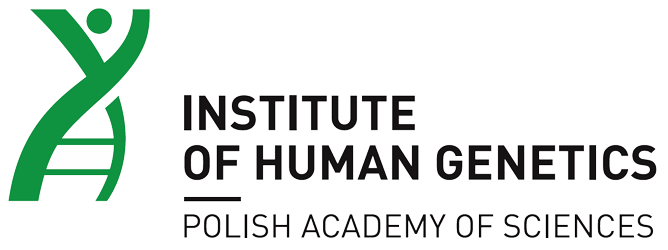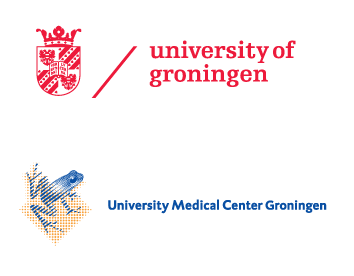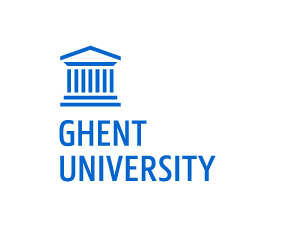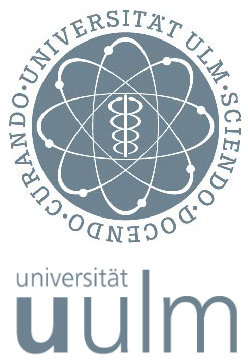Partners
-
Institute of Human Genetics, Polish Academy of Sciences (Poland) – project Coordinator

The mission of the Institute of Human Genetics, Polish Academy of Sciences in Poznań (IHG PAS) is to achieve the in-depth understanding of the genetic and molecular basis of disease etiopathogenesis and provide knowledge of its potential clinical use. The IHG PAS research aims revolve around identification of the genetic factors involved in human disease, mainly rare diseases and cancer. Potential pathogenic variants, genetic and epigenetic, are further studied in the context of the human genome diversity in populations. These studies are based on a manifold methodological approaches such as classical and molecular cytogenetics, whole exome and genome sequencing, epigenomics, as well as complex bioinformatics analyses. This kind of research necessitates collaboration with various clinical centers, in Poland and abroad. The complementary area of interest concerns molecular processes disrupted by pathogenic mutations that occur in the human genome. This research direction is implemented through application of transcriptomics, proteomics, bioinformatics, animal transgenesis, induced pluripotent stem cells, and is conducted with use of a highly specialized equipment: new generation sequencers, confocal microscopy, high pressure liquid chromatography, flow cytometry, mass spectrometry, etc. Altogether, this kind of research is crucial to pave the way for future innovative therapies, which are subsequently modelled in animals (laboratory rodents, big animals) to develop their final goal.
Expertise: genetics, epigenomics, genomics, cytogenetics, miRNA profiling, bisulfite pyrosequencing, Hodgkin lymphoma, B-cell non-Hodgkin lymphoma, T-cell acute lymphoblastic leukemia, animal models
-
University of Groningen, University Medical Center Groningen (The Netherlands)

The University of Groningen is an international academic community with more than 30,000 students and 6,000 members of staff. As such it is one of the largest universities of the Netherlands, with a total of 11 different faculties. The University Medical Center Groningen (UMCG) hosts the faculty of Medical Sciences, which includes Medicine, Dentistry and Kinesiology. The UMCG is the reference center for the three northern provinces of the Netherlands, which in total covers a region with 3,5 million inhabitants. Within the NeXT_LEVEL project a collaboration is planned with the lymphoma research group of the Department of Pathology of the UMCG. The lymphoma group is part of a larger team focusing on basic, translational and clinical research in lymphoma (Lymphoma Research Groningen) and embedded within the ‘Stem cells, Ageing, Leukemia and Lymphoma’ (SALL) program of the Cancer Research Center Groningen (CRCG). The CRCG is embedded in the Graduate School of Medical Sciences of the UMCG.
Expertise: genetics, epigenomics, genomics, transcriptomics, B-cell non-Hodgkin lymphoma, Hodgkin lymphoma, AGO2-IP analyses, dynamic BH3 profiling, miRNA profiling, lncRNA profiling, cancer microenvironment and biomarkers
-
Ghent University (Belgium)

Ghent University is one of the top 100 universities in the Dutch language area, with more than 41,000 students and 9,000 staff members. There are 11 faculties which are divided into more than 100 departments and which offer high-quality and research-supported training courses in most scientific disciplines. Ghent University Hospital is one of the largest hospitals in Belgium. The hospital has more than 1,000 beds and about 6,000 employees. Both the university and the hospital are autonomous entities of the Flemish Government. Within the NEXT_LEVEL project a collaboration is planned with the lab of normal and malignant hematopoiesis at the Center for Medical Genetics, which is both connected with the Faculty of Medicine and Health Sciences at Ghent University as well as with Ghent University Hospital. The normal and malignant hematopoiesis group is embedded within the Cancer Research Institute Ghent (CRIG), a multidisciplinary research initiative that unites all research groups working on the cancer biology at Ghent University and Ghent University Hospital.
Expertise: genetics, epigenomics, genomics, B-cell non-Hodgkin lymphoma, CRISPR/Cas9 screens, preclinical evaluation of novel therapeutic strategies in lymphomas, ATAC-seq
-
Ulm University (Germany)

Ulm University is a public corporation. Located in the state of Baden-Württemberg in the south of Germany, the young University of Ulm provides a vivid and modern research environment for more than 2,500 researches and physicians as well as for more than 10,500 students, of these, more than 13% international students. Focusing on medical, natural, technological and economic sciences, Ulm University comprises of four faculties offering 67 courses of studies.
The commuting area of the University Medical Center Ulm (UK Ulm) covers an area comprising major parts of the south of Germany including e.g. Swabia, the Allgäu and the part North of Lake Konstanz. More than 349,000 patients seek medical help at the UK Ulm each year. The UK Ulm hosts besides the Medical Faculty also 29 clinics, 13 institutes, and 6 medical centers including the competitive Comprehensive Cancer Center Ulm (CCCU) constituted by the German Cancer Aid.
In the framework of the NEXT_LEVEL project a collaboration with the lymphoma research group of the Institute of Human Genetics is intended. The group contributes to the clinical diagnostics of the UK Ulm, including CCCU’s tumor board, and is embedded in several international and national consortia on lymphoma research.
Expertise: genetics, epigeneomics, genomics, cytogenetics (FISH, FICTION), high-throughput epigenetic analyses and epigenetic arrays, epigenetic modifications, bioinformatics, Hodgkin lymphoma, B-cell non-Hodgkin lymphoma

